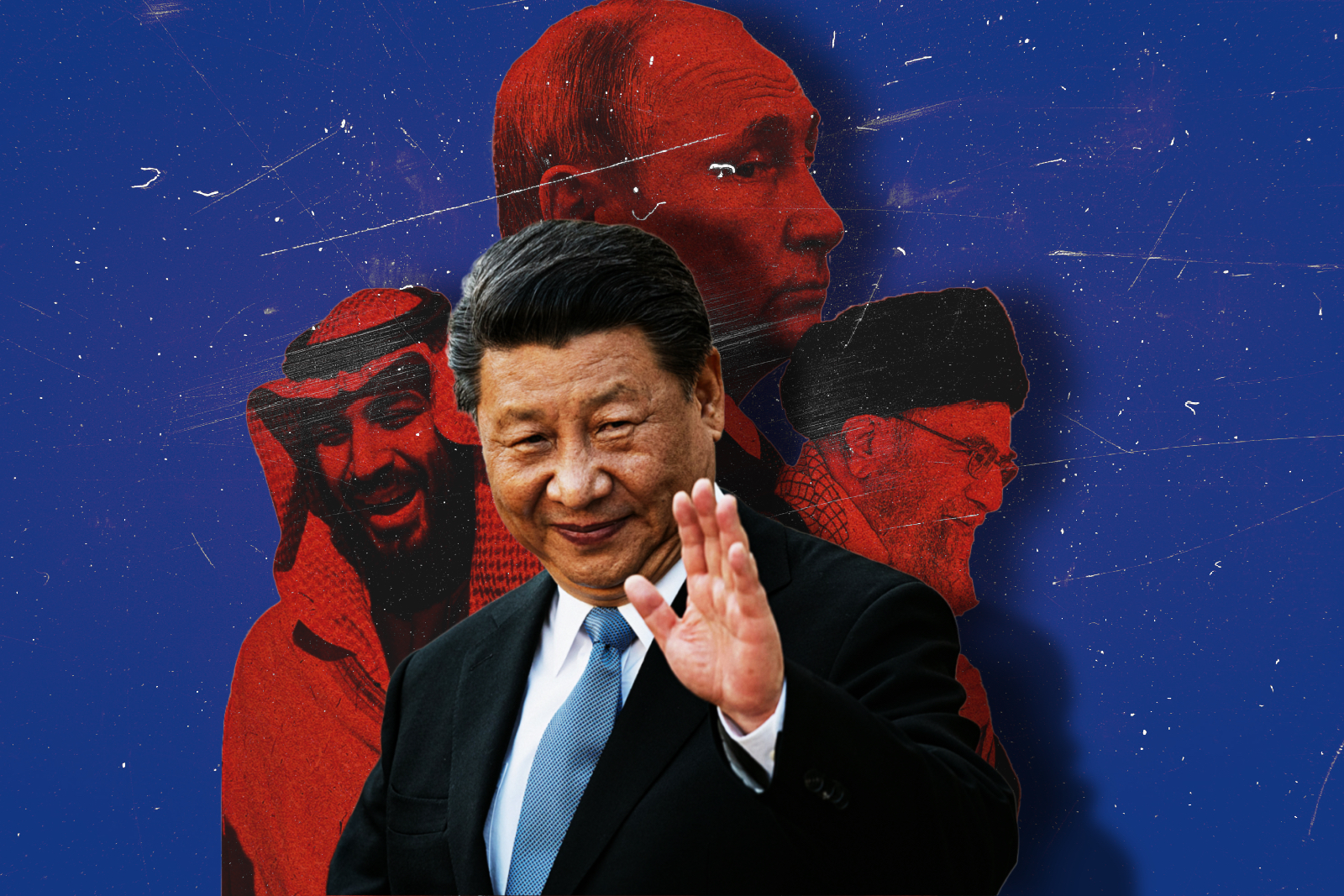
China and Russia Want to be the New Hegemons
Chinese Defense Minister Li Shangfu’s visit to Moscow to meet with Russian President Vladimir Putin was not a casual visit, but rather a significant one intended to shore up ties between the two countries as they fight for world dominance.
As reported in the Financial Times, Putin said that Moscow and Beijing were “regularly exchanging useful information, partnering in the sphere of military-technical cooperation and holding joint exercises.” Putin also said Russia and China’s defence ministries were “working just as actively” in other areas, including on their economic relationship, where Beijing has thrown the Kremlin a lifeline as Western sanctions have cut Russia out of global markets and supply chains.
Li’s visit comes a month after Chinese President Xi Jinping’s state visit to Moscow. During his meeting with Putin, they announced a “new era.” Focusing on economic and military cooperation, the two leaders appear to be preparing for a future that sees their respective countries as leaders of their envisioned new global order.
Indeed, the recently leaked Pentagon papers indicated that China’s Central Military Commission had approved the provision of arms supplies to Moscow.
Additionally, according to the Australian Strategic Policy Institute (ASPI), “The strategic landscape of the Middle East is changing rapidly, but not in favour of the United States as the traditional powerful actor in the region. Continued adversarial U.S.-Iranian relations and regional Arab states’ growing concerns about Washington’s reliability as an ally have widened the arena for Russia and China to expand their strategic footprints in the region.”
More worryisome, both China and Russia are also working on cementing ties with Iran. According to the ASPI, there has been a “dramatic elevation in the Russo-Iranian and Sino-Iranian strategic partnerships. Bilateral trade and military cooperation between Iran and Russia has never been greater. The volume of their bilateral trade jumped from $4 billion in 2021 to $40 billion the following year. This comes on the back of a 20-year cooperation agreement that the two sides signed in March 2021.”
With Sino-Iranian trade and strategic relations having increased enormously, it is clear that China has ignored the U.S.-led sanctions on Iran. The ASPI notes that China “has continued to import Iranian oil and has leveraged its growing diplomatic influence by brokering the recent peace agreement between Iran and Saudi Arabia, restoring ties after a six-year split.”
Iran is soon set to join the China-Russia-led Shanghai Cooperation Organisation, and has also become a vital link in the westward expansion of China’s Belt and Road Initiative.
China is working vociferously to expand its influence and besides bringing together Iran and Saudi Arabia, it has now expressed its interest in mediating the Israeli-Palestinian conflict. Perhaps this interest is overly ambitious, as the U.S. has failed to do so for years, but the message is clear. China wants a leading role in all arenas: economic, trade, military, and diplomacy.
Aside from focusing on the Middle East, Russia, and China are also making an effort to gain influence in Africa and Latin America. Putin and Xi have been meeting with representatives from France, Brazil, and more than 40 African countries. Brazilian President Lula da Silva recently met with Xi Jinping and Russian Foreign Minister Sergei Lavrov has embarked on a trip to Brazil and other Latin American countries including Venezuela and Nicaragua to shore up support and influence.
And in another disturbing development, French President Emmanuel Macron traveled to Beijing for talks with Xi. After their meeting, Xi said that Europe is an “independent pole in a multipolar world.” As noted by Ted Snider at Responsible Statecraft. “That the Chinese leader should make such a statement is not surprising. That a major American European and NATO ally should sign on to it is.” Snider also noted that the joint declaration issued by Xi and Macron declares that they “seek to strengthen the multilateral international system under the aegis of the United Nations, in a multipolar world.”
This theme of multipolarity is thus not just a Sino-Russia one, but now includes Europe as well. As the U.S. focuses on the war in Ukraine and China’s hegemonic ambitions in the South China Sea, it has lost interest in the Middle East leaving a vacuum for other actors, such as Russia and China, to fill. But the U.S. is also showing signs of waning influence as it allows these other countries to so vocally and prominently announce their intention to change the world order.
As the leader of the free world, the United States has a responsibility to ensure global stability. Europe, more or less since WWII, has joined the U.S. in this mission. If Russia and China, both internationally recognized human-rights abusers, take the helm with Europe at their side, the global order will have changed for the worse.

